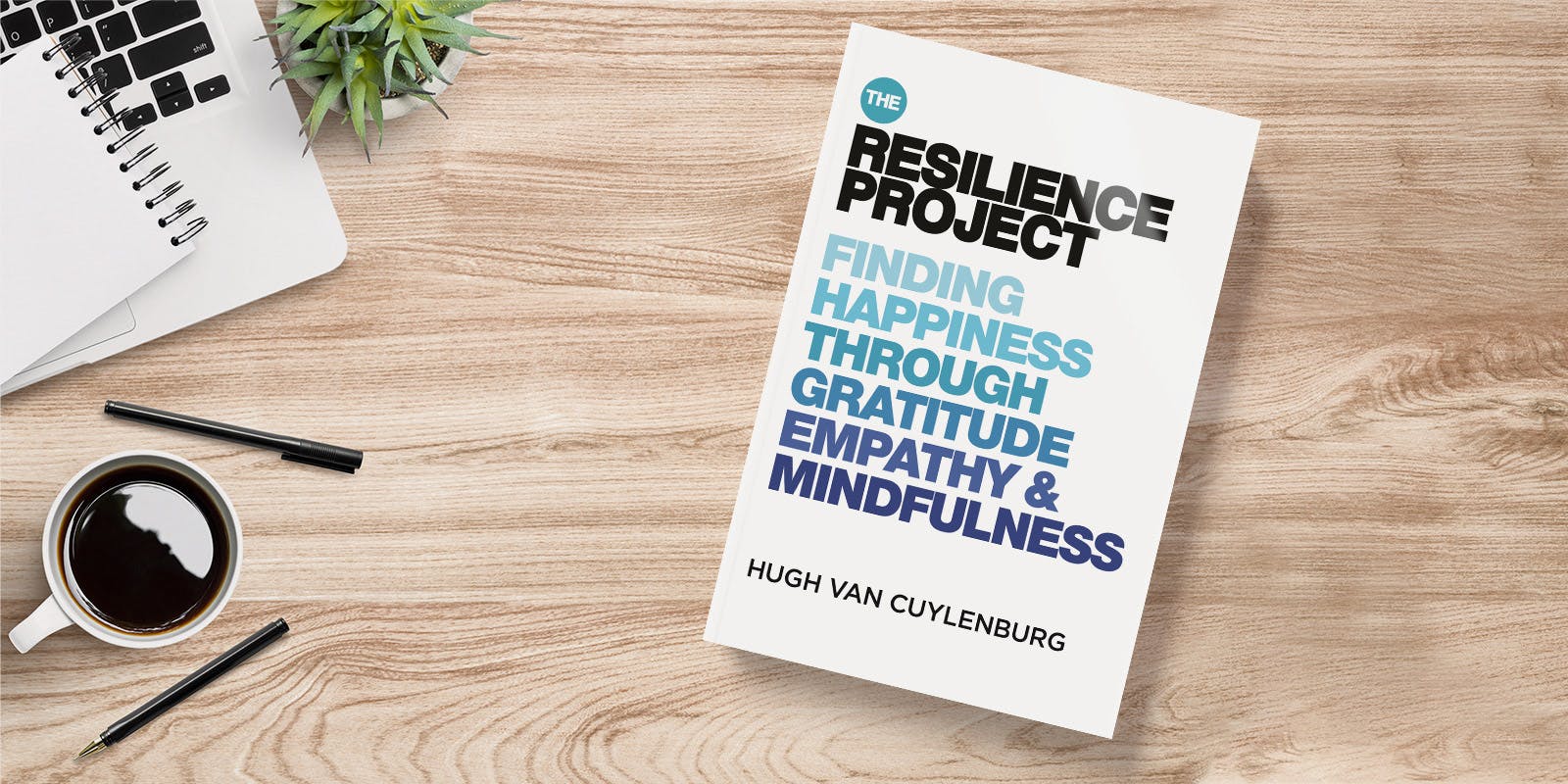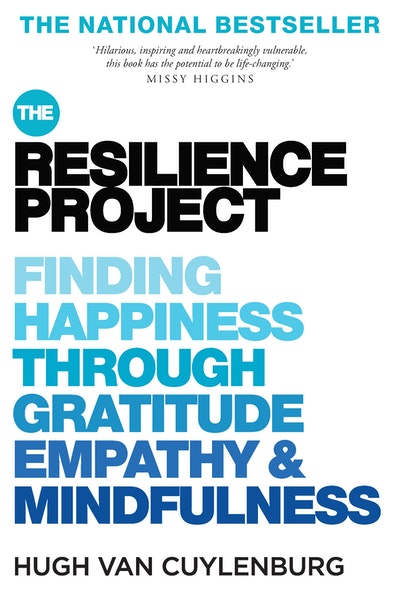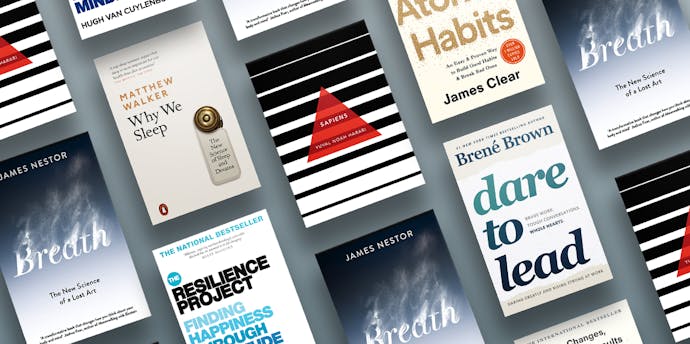From The Resilience Project, Hugh van Cuylenburg offers a simple tip to improve every day.
One of the first things I studied was gratitude. When I read the work of renowned American psychologist Martin Seligman, I nearly fell off my chair. Widely known as the founder of positive psychology, Dr Seligman showed that we can, in effect, retrain our brains so we feel happier on a day-to-day basis.
In a classic study that’s been cited more than 6000 times1, Dr Seligman and other leading researchers described a simple technique: to write down three things that went well each day, every day, along with an explanation for why each good thing happened. It’s been shown that when human beings take time to look for and cogitate on the good things that happen to them every day, after one month our brains start scanning the world for positives rather than negatives.
Participants in the study also conducted a ‘gratitude visit’, in which they were given one week to write then deliver in person a letter of gratitude to someone who had been kind to them but never properly thanked. This group showed improved mood and fewer symptoms of depression almost immediately, as well as up to one month after the visit. Dr Seligman found that, over the medium to long term, practising these ‘gratitude interventions’ made people happier overall.
Studies have long shown human beings are more likely to register a greater psychological impact from a negative experience than a positive experience. It’s known as ‘the negativity bias’, and while it may have resulted from mankind’s evolutionary need to be alert to threats and predators, these days the bias poses one of the biggest challenges to dealing with mental health: we are wired to be seduced by the negative.
Dr Seligman’s research chimed with my experiences in India. I had seen [nine-year-old student] Stanzin routinely accentuate the positives in his daily life, only Stanzin went one step further – he noted these in the moment. He didn’t have a pen to write them down, let alone a phone to type into. Instead, Stanzin literally stopped what he was doing and pointed to whatever he was grateful for in any given moment: ‘Dis!’
There’s one word that sums up Stanzin’s process: gratitude.
Over the past few decades, as more and more research has been done in the area, studies have indicated associations between practising gratitude and improvements in emotional wellbeing, fewer symptoms of stress, anxiety and depression, higher levels of self-esteem, enhanced life satisfaction, better quality of life and greater optimism2. Within the context of work, gratitude has been shown to correlate with greater personal accomplishment, job satisfaction, work wellbeing and reduced burnout3.
If we could teach children how to practise gratitude and get them to actively take note of three things they were thankful for each day, I realised, then we would have a better chance at turning the tide of anxiety and depression that was creeping up and up and up in the statistics.
Although I loved Dr Seligman’s strategy of recording what went well at the end of a day, I preferred Stanzin’s approach of recording these things in the moment. ‘How good is this?’ I would think to myself in moments of reflection. ‘How good is playing cricket on a beautiful Saturday afternoon? Enjoying a quiet coffee in my favourite cafe? Spending time with Mum and Dad?’ Always with Stanzin’s voice in the back of my mind: ‘How good is dis?’
A Daily Exercise in Gratitude
What are three things that went well for you today?
What are you looking forward to most about tomorrow?
1. Seligman, Martin et al., ‘Positive psychology progress: Empirical validation of interventions’, American Psychologist, vol. 60, no. 5, pp. 410–21.
2. See, for example: Emmons, R. A., Thanks!: How the New Science of Gratitude Can Make You Happier, Houghton Mifflin Harcourt, Boston, 2007; Emmons, R. A. and McCullough, M. E., ‘Counting blessings versus burdens: An experimental investigation of gratitude and subjective well-being in daily life’, Journal of Personality and Social Psychology, vol. 84, no. 2, pp. 377–89.
3. See, for example: Lanham, Michelle et al., ‘How gratitude relates to burnout and job satisfaction in mental health professionals’, Journal of Mental Health Counseling, vol. 34, no. 4, pp. 341–54; Waters, Lea and Stokes, Helen, ‘Positive education for school leaders: Exploring the effects of emotion-gratitude and action-gratitude’, Australian Educational and Developmental Psychologist, vol. 32, no. 1, pp. 1–22; Chan, David W., ‘Burnout and life satisfaction: Does gratitude intervention make a difference among Chinese school teachers in Hong Kong?’, Educational Psychology, vol. 31, no. 7, pp. 809–23.














